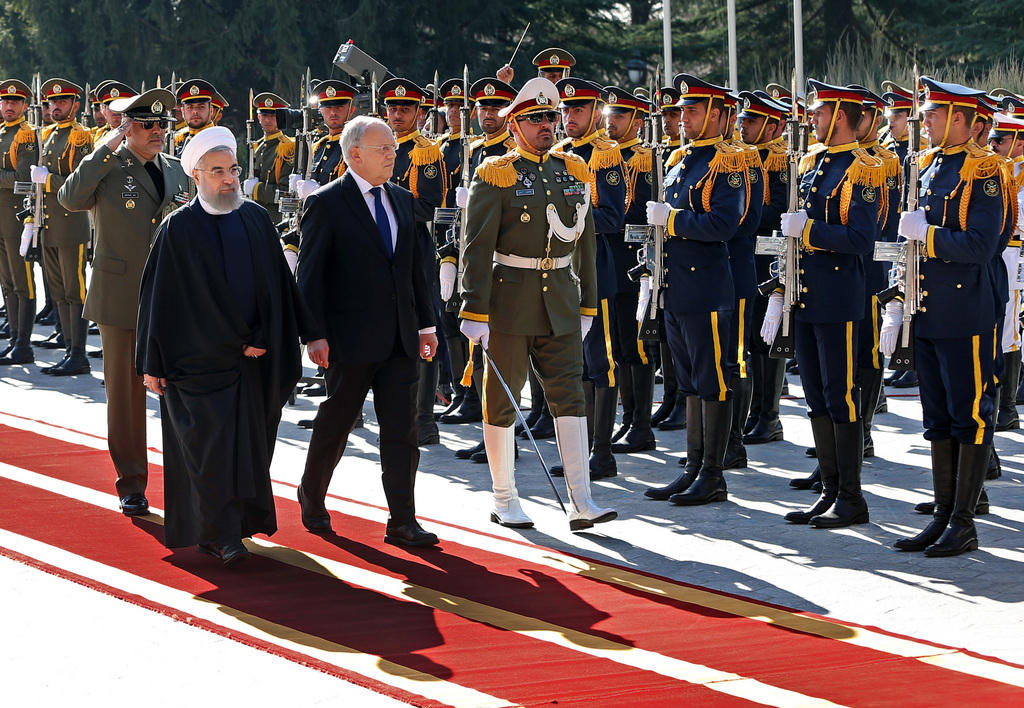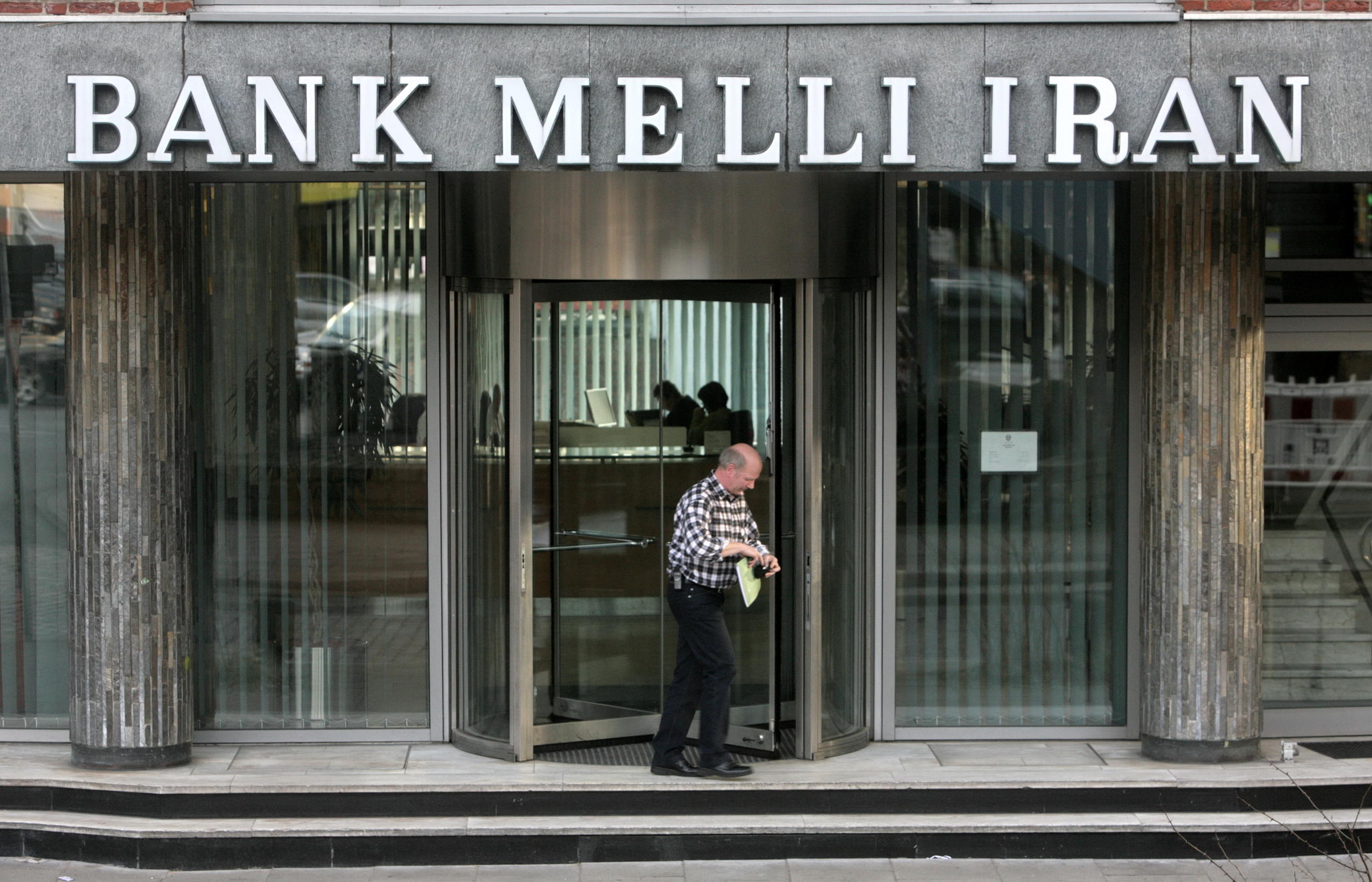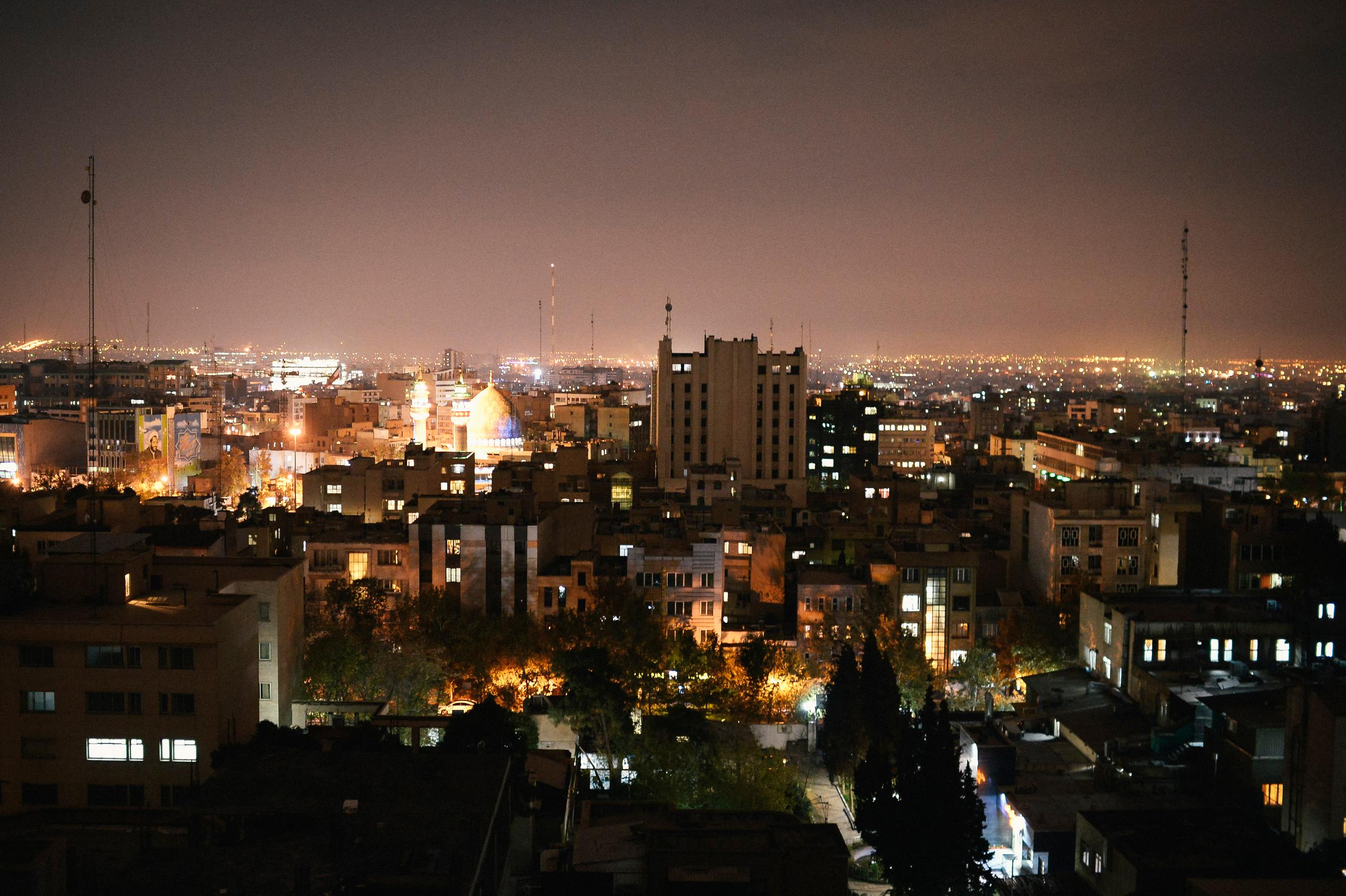Swiss-Iran trade slowly takes off

A new trade agreement between Switzerland and Iran appears to be slowly bearing fruit. Exports to Iran grew this year. But despite the lifting of sanctions, Swiss banks still do not do business with the Middle East state.
During the first seven months of 2017, exports to Iran grew by 24.7% to CHF249.9 million ($256.2 million), compared to the same period a year ago. This follows a trade agreementExternal link between the two countries that came into force in mid-March; it had been frozen since 2005.
“The positive trend for the export of goods – apart from precious metals – continued this year,” Fabian Maienfisch, spokesman for the State Secretariat for Economic Affairs (SECOExternal link), told the audience at the fourth Europe-Iran ForumExternal link, which is being held over two days in Zurich.
Last year total exports (excluding precious metals) to Iran grew by 11.1%, compared to 2015, to CHF496.1 million.
In January 2016, Switzerland lifted some of its economic sanctions against Iran in keeping with the United Nations and European Union. The remaining restrictions are based on UN and EU measures to limit the arms trade and other equipment that could be used to repress society.
Since then, there has been no longer a requirement to notify and authorise transfers of money to and from Iranian citizens or organisations.
Obstacle
The new agreement aims to strengthen the protection of intellectual property and to improve the legal framework for economic trade. It should also reduce potential discrimination of Swiss businesses. The creation of a joint economic commission is also planned.
Despite improved export conditions, money transfers to and from Iran remain a major obstacle. Swiss banks are still loathe to risk potentially massive fines by engaging with Iran.
“As the United States still maintains numerous sanctions, financial institutions still do not feel comfortable enough to get involved in transactions with Iran again,” explained UBSExternal link spokesman Fabio Sonderer.
Credit SuisseExternal link echoed this position. “Although the international community has lifted some of the sanctions against Iran, other sanctions that affect our international activities remain in place,” said spokesman Tobias Plangg.
The Zurich Cantonal BankExternal link (ZKB) believes talk of a business recovery is premature, says the banks’ Marilena Baiatu.
US position
SECO acknowledges that the banks’ current stance makes it difficult for Swiss companies to establish business relations with Iran.
To better understand the sanctions still in force and thus improve legal security, SECO has organised several information meetings, to which the US Office of Foreign Assets Control (OFACExternal link) was also invited. However, OFAC’s position regarding Swiss banks is unclear. Maienfisch said OFAC simply “took note of the Swiss objections”.
US President Donald Trump is considering whether to withdraw from the 2015 nuclear deal on curbing Iran’s nuclear program, made between Iran and six major powers.
If Trump does not recertify on October 15 that Iran is in compliance with the agreement, the American Congress would have 60 days to decide whether to reimpose sanctions on Tehran suspended under the accord.
Ambassadors to the United States from Britain, France, Germany and the European Union have all strongly backed the nuclear agreement with Iran as long as Tehran continues to comply with the pact.

In compliance with the JTI standards
More: SWI swissinfo.ch certified by the Journalism Trust Initiative












You can find an overview of ongoing debates with our journalists here . Please join us!
If you want to start a conversation about a topic raised in this article or want to report factual errors, email us at english@swissinfo.ch.